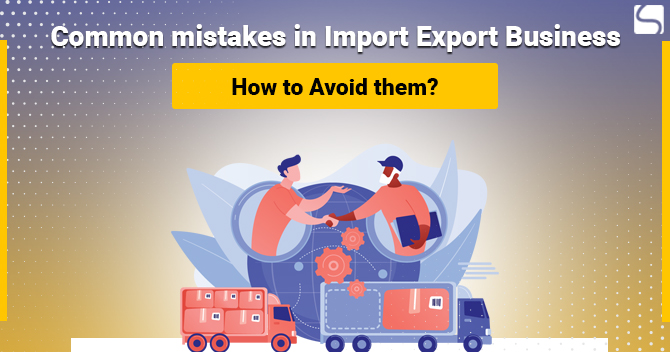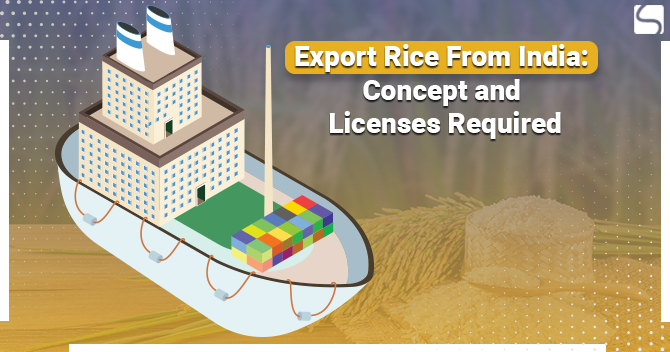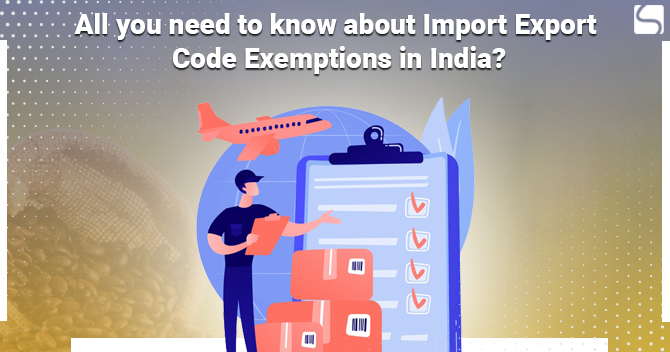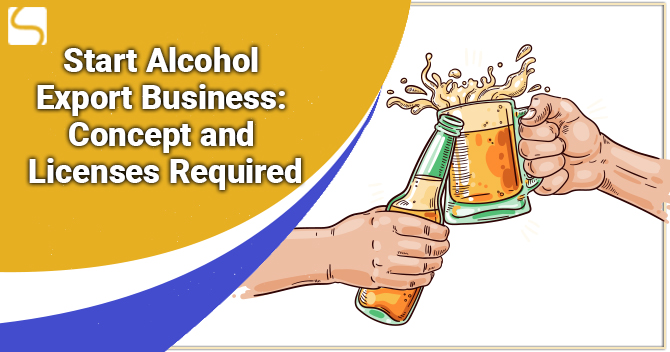Common Mistakes in Import Export Business: How to Avoid them?

Japsanjam Kaur Wadhera | Updated: Jan 11, 2021 | Category: IEC
The Import Export trade is highly thriving venture. It provides extremely viable opportunities on a global scale. It is necessary for a business to obtain IEC registration. It is one of the most flourishing trading businesses engaged in providing high profits or returns. However, there is always a certain drawback in every business and hence, the Import Export trade is also not smooth running all the way. It too has many challenges. And the trader can try its best to avoid the disadvantages of trading by being cautious. Therefore, this article will deal with the most common mistakes in Import Export Business and How to avoid them.
There have been many changes in the Import Export business such as, ease of doing business, opportunities at a large scale with the support of the government in promoting the Import and Export of goods and services from one county to another, better transport management and etc. But, due to some small mistakes, it leads to a higher risk, resulting in reduction of profit margin that the business can earn through import export. Thus, such mistakes shouldn’t be ignored.
Table of Contents
What are the common mistakes in Import Export business and How to avoid them?
There are some of the common mistakes in import export business. These have been discussed below along with the ideas to how to avoid them:

Signing a Contract without confirming the legitimacy of the Seller or the Buyer
Many of the small traders and manufacturers in India wish to expand their business globally by engaging in import export trade, but sometimes they do not give much importance to check the reliability of the importer. Due to such ignorance, the company might come under the risk of involving themselves into more losses. There are many companies that try to lure and inveigle the importer of exporter by providing fake company profiles and product portfolios. Understanding the customer is a right, be it on the domestic market or on the international market. Checking the legitimacy of the buyer or seller with the proper government officials[1] helps the business to minimise the risks factor and helps it to maximise the profit. Hence, signing a contract without confirming the legitimacy of the seller or buyer must not be done.
Lack of Import Export Knowledge
A common drawback that the small and medium enterprises face is the conception that they can easily supply the products in the international market without facing any losses. But the lack of knowledge of the import export regulations would result in a great loss than expected. The International Chamber of Commerce (ICC) has implemented certain terms to make sure that the import export business is performed smoothly with fewer risks and at a high profit margin. It is must to understand the import export regulations before stepping into the world of international business so as to be on a safer side and avoid the risk of penalties.
Incompetent Customs Broker increases the risk of losing money
The customs broker performs a duty to make sure that all the businesses done in the import export industry adhere to the strict rules and norms of the government of both the countries, i.e., the place of country of both the importer and the exporter. An incompetent customs broker would result in making great losses in the business if the documents are not verified and met with the legal norms on time. Therefore, it is import for businesses engages in import export trade to contact a reliable customs broker after the verification from the competent authority to make sure that all the requirements of the businesses are met with ease with hassle free documentation and a customs broker is fully aware of all the paperwork which is required to supply the products.
Understand the Regulations of the Country
One of the most common mistakes in import export business is that the exporter while supplying the goods to the foreign countries is thinking that anything can be supplied to the foreign countries. However, in reality it is not true. When a product is involved in an Import Export trade, certain countries have their own norms which allow only few products and restrict the importing of other goods from another country. It is necessary for the exporter to understand these norms which would help him to save a large amount of money and its products, both at the same time.
Lack of Familiarity with Incoterms
Incoterms means International Commercial Terms, which is one of the easiest terms defined by the International Chamber of Commerce (ICC) to make the export of import of goods from one country to another easier. The Incoterms uses abbreviations such as FAS for free alongside ship, FOB for free on board, FCA for free carries, EXW for ex-works and etc. If a business is willing to engage in import export trade, it is important to be aware of these Incoterms as it would help to overcome the risks of handling goods and providing a safer way for trade with the help of legal documentation, thereby saving enough money.
Avoiding or not paying Attention to Foreign Exchange Rates
Another common mistake in Import export business is that many business owners tend to avoid the foreign exchange rates while importing or exporting the products from one country to another. This sometimes occurs, because the traders overlook the risk factors involved any only focus on the profit margins. But, in reality the rate fluctuations might be a reason to lose the enough margins. Thus, it is necessary for the business owners to focus on the exchange rates when the materials are shipped on the 30 to 90 days credit terms and wait until the fluctuations in the foreign exchange rates get stabilised for smooth transactions and gaining high margins.
Insured Goods Imported or Supplied
The key factor in the import export trade which makes sure that the goods imported or supplied will reach safely or if any damage or loss occurs, is to insure the goods before it is dispatched, either from the importer’s side or from the transportation authority. The insurance of the goods is advisable in the course of trading goods and services in a foreign market so as to secure the products which can be done easily through the documentations between the consignee and the shipment company. If the goods are not insured, it might result in unbearable losses of the goods as well as the capital.
Conclusion
To become a successful buyer or supplier, it is important to avoid the common mistakes in import export business. It not only helps the businesses to easily reach the global market but also helps it in avoiding risks of losing money and instead earning profits in it.
Also, Read: What to do if Your IEC Application is Rejected?














